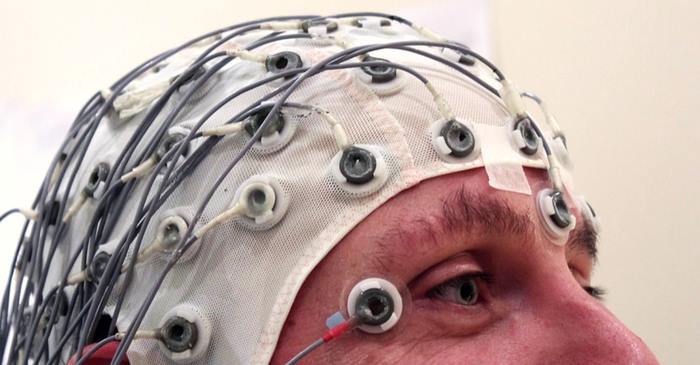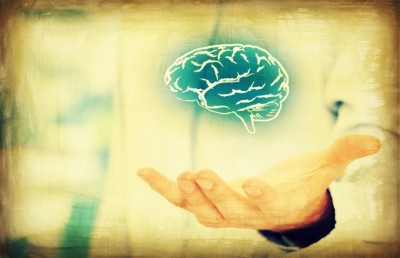US Intel Agency Funding Research Into Wildly Accurate Mind Reading Technology
 By Carey Wedler
By Carey Wedler
Researchers at Carnegie Mellon University recently made a scientific breakthrough using machine algorithms to accurately guess what people are thinking. In other words, as the university referred to it, they have “harness[ed] ‘mind reading’ technology to decode complex thoughts.”
The researchers report that they can “now use brain activation patterns to identify complex thoughts, such as, ‘The witness shouted during the trial.’”
Though the technology does not identify the actual words, lead researcher Marcel Just, D.O. Hebb University Professor of Psychology in the Dietrich College of Humanities and Social Sciences, has made enough progress that “machine learning algorithms with brain imaging technology” can effectively ‘read minds.’
As the researchers’ press release explains:
The new study demonstrates that the brain’s coding of 240 complex events, sentences like the shouting during the trial scenario uses an alphabet of 42 meaning components, or neurally plausible semantic features, consisting of features, like person, setting, size, social interaction and physical action.
According to the study, published in Human Brain Mapping:
Regression models were trained to determine the mapping between 42 neurally plausible semantic features (NPSFs) and thematic roles of the concepts of a proposition and the fMRI activation patterns of various cortical regions that process different types of information. Given a semantic characterization of the content of a sentence that is new to the model, the model can reliably predict the resulting neural signature, or, given an observed neural signature of a new sentence, the model can predict its semantic content.
Digital Trends explained for the less scientifically inclined:
Using the smart algorithm, the team could discern what was being thought about at any given time — and even the order of a particular sentence. After training the algorithm on 239 of the 240 sentences and their corresponding brain scans, the researchers were able to predict the final sentence based only on the brain data.



